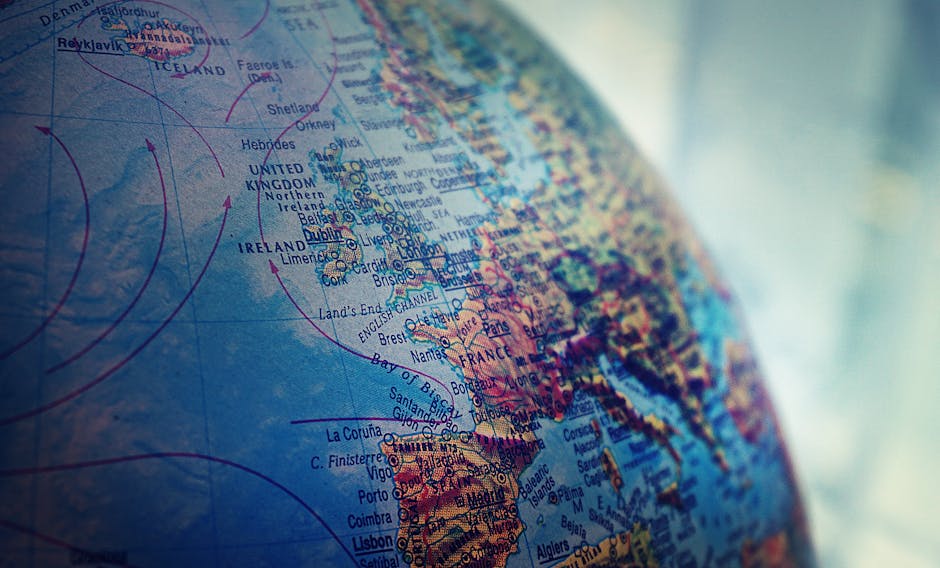In our fast-paced world, convenience often reigns supreme. From ready-to-eat meals to online shopping, the allure of saving time and effort is hard to resist. However, beneath this veneer of ease lies a concerning reality: the shortcuts we take in our daily lives may be jeopardizing our health and well-being. As we embrace technological advancements and lifestyle changes, it is crucial to examine the hidden dangers that accompany these conveniences.
Many individuals find themselves entangled in a web of habits that prioritize speed over quality. The rise of processed foods, for example, offers an enticing solution for busy schedules, but these products often come laden with unhealthy additives, high sodium levels, and sugars that can lead to severe health issues. As we indulge in the instant gratification of fast food and takeout, we may unknowingly be paving the way for chronic diseases such as obesity, diabetes, and heart disease. The question looms: is the convenience worth the potential cost to our health?
In addition to dietary choices, the advent of technology has transformed how we interact with the world around us. While smartphones and smart home devices enhance our daily lives, they may also contribute to a sedentary lifestyle. With the ability to order groceries or schedule appointments from the comfort of our couches, we risk losing the physical activity that is essential for maintaining our health. Studies have shown that prolonged inactivity is linked to a host of health problems, including cardiovascular disease and mental health issues. The irony is striking: in our quest for convenience, we may be trading our vitality for a life of ease.
Moreover, the convenience of online shopping and delivery services has led to the decline of local businesses and community engagement. As we increasingly rely on e-commerce giants, we inadvertently contribute to the erosion of our local economies and the social fabric that binds communities together. The excitement of receiving packages at our doorstep may overshadow the importance of supporting local artisans and fostering connections with our neighbors. This shift not only impacts our economy but also diminishes the sense of belonging that is essential for our emotional well-being.
Despite these concerning trends, there is hope. Awareness is the first step toward change, and as more people begin to recognize the potential downsides of convenience, we can collectively make more informed choices. By prioritizing whole foods over processed options, engaging in physical activities, and supporting local businesses, we can reclaim our health and happiness. Small changes in our daily routines can lead to significant improvements in our overall quality of life.
In conclusion, while the conveniences of modern life undoubtedly offer benefits, it is essential to remain vigilant about their potential consequences. By understanding the hidden dangers of our everyday choices, we can navigate the delicate balance between comfort and health. The journey toward a healthier lifestyle may require effort and intention, but the rewards—both physical and emotional—are well worth it. Let us embrace the challenge and strive for a life that honors our well-being while still enjoying the conveniences of today.

